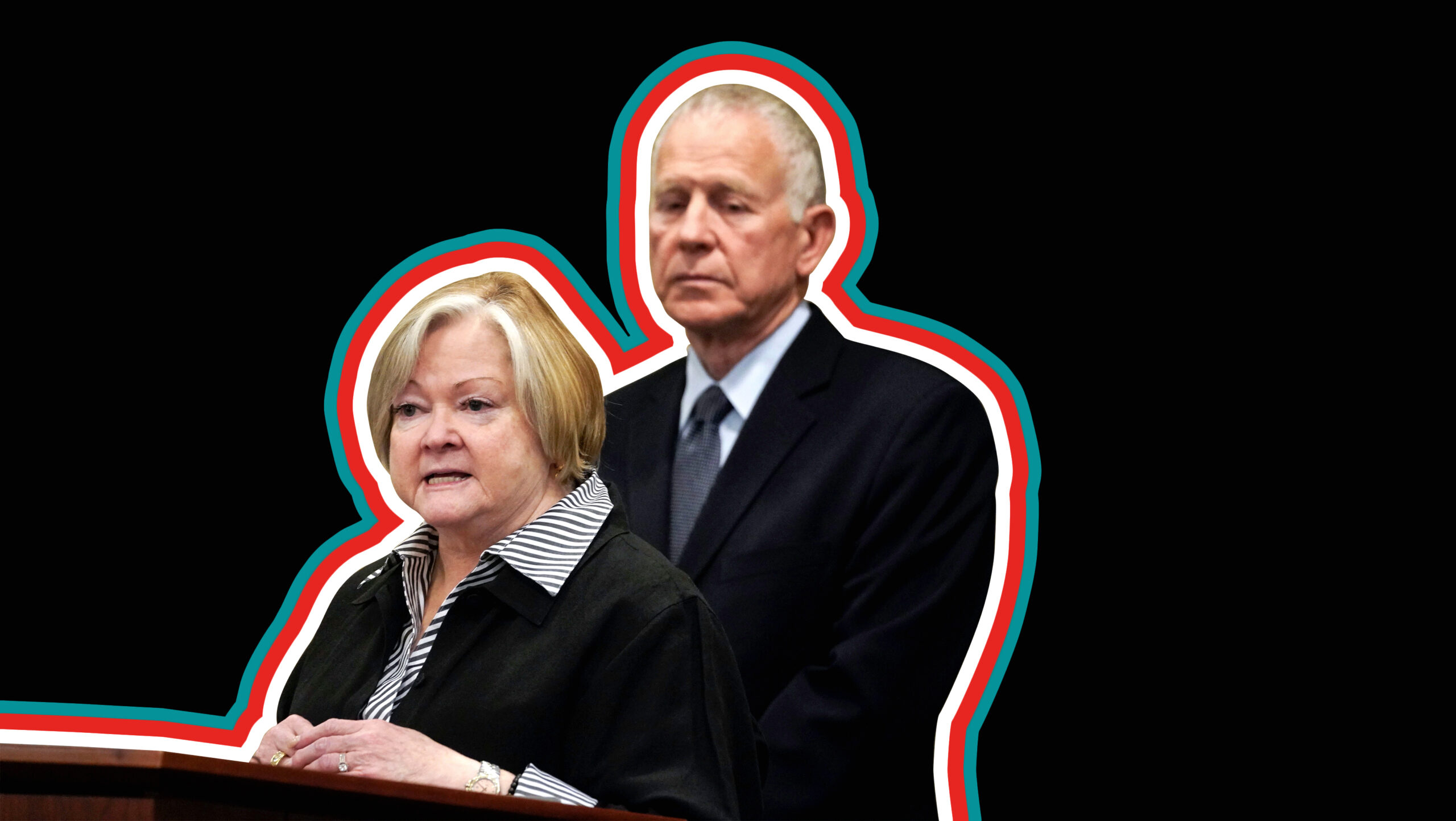To get Xtra Weekly in your inbox, subscribe here.
WEEKLY EXPLAINER
The parents of Matthew Shepard, the 21-year-old gay man from Wyoming who was brutally tortured and killed in 1998 because of his sexual orientation, called out U.S. Attorney General William Barr for failing to stand up for LGBTQ2 civil rights.
Here’s the background Wednesday marked the 10-year anniversary of the passage of the Matthew Shepard and James Byrd, Jr., Hate Crimes Prevention Act, named after Shepard and James Byrd Jr., a Black man who was murdered by white supremacists in Texas in 1998. Judy and Dennis Shepard called out the U.S. Justice Department in a letter read by Cynthia Deitle, the programs and operations director of the Matthew Shepard Foundation.
“We find it interesting and hypocritical that [Barr] would invite us to this event commemorating a hate crime law named after our son,” the Shepards wrote. “While, at the same time, asking the Supreme Court to allow the legalized firing of transgender employees.”
Last week, Barr’s department represented the Trump administration in a landmark case that will decide if discrimination against LGBTQ2 workers should be prohibited by the country’s Civil Rights Act.
“Mr. Barr, you cannot have it both ways. If you believe that employers should have the right to terminate transgender employees, just because they are transgender, then you believe they are lesser than and not worthy of protection. If so, you need not invite us to future events at the Department of Justice,” they continued. “Either you believe in equality for all or you don’t. We do not honour our son by kowtowing to hypocrisy.”
Hold up, I need a refresher on the landmark case On Oct. 8, the U.S. Supreme Court started to hear arguments in a case that will determine whether Title VII of the Civil Rights Act of 1964 guarantees gay and transgender people protection from workplace discrimination. The act prohibits employers with 15 or more employees from discriminating against workers on the basis of sex, religion, race, colour and national origin. Currently, the U.S. Equal Employment Opportunity Commission states that the Act extends protections to LGBTQ2 people. However, earlier this year, the Trump administration argued that it cannot be read to apply to discrimination based on sexual orientation or transgender status.
In response, the Supreme Court agreed to hear three separate petitions to clarify whether Title VII covers anti-LGBTQ2 discrimination at the workplace. In April, Xtra spoke to Omar Gonzalez-Pagan, senior attorney at Lambda Legal, an American organization dedicated to achieving full equality for LGBTQ2 people.
Gonzalez-Pagan said these cases are a high-stakes moment for the LGBTQ2 community. “If the court rules in favour of coverage, we will be able to cement already existing protections,” he said. But if the Supreme Court rules against it, “all of the victories [for LGBTQ2 rights] will be erased and the court will eliminate existing protections for people.”
At the time of the interview, Gonzalez-Pagan said the Supreme Court would make its decision between January and June 2020. In the meantime, he said people should continue to be engaged and understand what’s at stake.
“Ultimately this is about ensuring that LGBTQ people can participate in life without discrimination,” he said.
Now, what? Judy and Dennis Shepard also reminded Barr that he’s in a position of power and can help create change. They encouraged Barr to “take a stand as a member of this administration to disavow and condemn any person who fuels the fires of hate with their words and actions.”
In a statement to Reuters, Eric Dreiband, assistant attorney general in the Justice Department’s Civil Rights Division, said, “Prosecuting hate crimes remains a top priority here at the Department of Justice.”
Wait, there’s more! Click here to subscribe to Xtra Weekly for roundups of LGBTQ2 news, culture and stories.



 Why you can trust Xtra
Why you can trust Xtra


